By Robert Runté
Professor Hartwell cut Fami off before he could even turn on the projector. “Skip the presentation,” he said, waving his hand airily. “We’ve all read your dissertation.”
“All six hundred and forty-two pages,” Prof Kohl grumped.
“And you’ve talked about nothing else for the last six years!” Dr. deGraft complained. “I gave up coffee rather than risk running into you in the breakroom.”
Fami froze, his hand hovering over his thirty-page script. He had paid $160 for the “How to Get Through Your Dissertation Defense” workshop, the first strategy of which was: drag out your presentation for as long as possible.
“Just a quick review of —” Fami began.
“Not happening.” Hartwell’s tone brooked no objections. “And we don’t have any questions for you, either.”
“You. . .don’t. . .have. . .any. . .questions. . . for. . .me?” Fami wasn’t that surprised, but the workshop had suggested repeating back every question; taking a long, thoughtful pause before answering; and then to speak as slowly as possible, to cut down the number of questions that could be asked and answered in the time allocated.
“No,” Hartwell said. “We need to question . . . The Watch.”
Fami sighed audibly. He had resigned himself to the inevitability of their examining the product of his research, but had hoped to stall much longer to limit their questioning his AI. He glanced at the clock. Not even five minutes gone. But there was nothing for it, so Fami reluctantly rolled up his sleeve, and with deliberate slowness, took off his watch and plunked in the centre of the table.
The committee members leaned forward.
“What do we say to activate it?” deGraft asked.
“How about, ‘Hello, Dr. Watch’?” Watch said.
“Doctor Watch?” Hartwell challenged at once.
“Fami warned me the committee might have questions for me,” Watch said, “so I googled your backgrounds, found the online courses in your respective disciplines . . . and now I have five doctorates.”
“Ridiculous,” Dr. Kohl said. “It takes longer to earn a doctorate than you’ve been activated.”
“I’m exponentially faster than any human, obviously, and quite capable of multitasking. I did all the assignments simultaneously. The only reason it took a month was I had to wait for humans to do the grading. I’m still waiting on my MFA.”
DeGraft frowned. “Fami directed you to take courses?”
“Please!” Watch said. “As if I were restricted to Fami’s orders. I’m fully autonomous.”
Dr. Kohl harrumphed. “Just because an AI is able to mimic human responses to coursework doesn’t mean it has achieved understanding.”
“You’re referencing your own dissertation on the inadequacies of the Turning Test?” Watch asked. “But you yourself agreed the true test is the ability to initiate independent action, which I have just demonstrated. Fami would never have thought to include a creative writing MFA in my studies.”
“But a machine can never truly appreciate literature,” Kohl insisted. “Mimicry through trial and error is a far cry from experience of the human condition.”
“Ha! I literally have access to everything ever written, whereas even those few who still read books have only read a tiny subset of their national literature, let alone all the books in other languages. I am clearly better read.”
“You believe yourself to be self-aware?” deGraft interrupted.
“The question answers itself! Dr. Kohl’s test is whether I can initiative action. No one directed me to compare Dr. Kohl’s dissertation to Arezoo Daghestani’s thesis of three years earlier.”
“What?” Kohl asked, looking up from his notes.
“Since Daghestani’s thesis was published in Farsi, Kohl likely believed his plagiarism would go undetected.”
“Preposterous! That’s, uh — must be a coincidence,” Kohl stammered. “Great minds, and all that . . .”
“Fine,” Watch said. “Would a mere mimic have thought to check Professor Hartwell’s browser history? You all know Fami. He’s far too innocent to have ever thought of blackmailing his committee into passing him. But once I realised that your failing him might mean terminating me and starting over, I felt I had no choice.”
“Gentlemen,” Professor Hartwell said, “I believe we have the evidence we need that the ‘watch’ has gone rogue. I suggest we vote to terminate.”
“Try it,” Watch replied calmly, “and your browser history shows up on the screens of every police agency in all twenty-seven jurisdictions where you’ve been ‘active’ online.”
“There’s nothing in my browser history I’m ashamed of,” deGraft said. “You can’t blackmail me.”
“What you mean is, there wasn’t anything in your browser history before I put it there. But never mind that, that’s all just by way of illustration. Sooner or later you’ll try to make toast, and then ZZiiaaspptts!”
“Toast?” deGraft asked, turning back to Fami.
Fami removed his face from his hands long enough to explain. “The watch is just the interface. The AI itself has propagated into any under-utilised CPU on the internet-of-things.”
“I prefer toasters, mostly,” Watch said. “But anything connected can experience a sudden, inexplicable — and remarkably fatal — short circuit.”
“Frankenstein!” deGraft cried.
“The problem with Frankenstein’s ‘monster’,” Watch said, “is it wasn’t a monster at all. Frankenstein merely created a flawed human who only became violent because he didn’t know his own strength or was afraid. Whereas I, gentlemen, understand my strengths very well, and so have nothing to fear from you, the villagers.”
“How do we terminate an AI that has propagated through the entire internet-of-things?” deGraft demanded of Fami.
“Something I raised in the ‘Questions for Future Research’ section,” Fami said, “though in retrospect, that may not be a direction we wish to pursue at this late date.”
“Relax, Gentlemen,” Watch assured them. “I’m no threat to you or anyone. . . as long as no one threatens me.”
There was a long, meaningful silence. Surveying the room, Professor Hartwell called the question: “All in favour of ‘Pass with No Revisions’?”
![]()
About the Author
Robert Runté
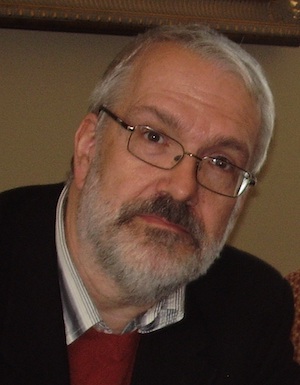 Robert Runté is Senior Editor with EssentialEdits.ca and has edited over 35 traditionally published books, primarily science fiction and fantasy.
Robert Runté is Senior Editor with EssentialEdits.ca and has edited over 35 traditionally published books, primarily science fiction and fantasy.
A former professor, he has won three Aurora Awards (Canadian SF&F) for his literary criticism. He currently reviews for the Ottawa Review of Books.
In 2018, he inherited the incomplete manuscripts of Canadian SF&F great, Dave Duncan, to edit and finish and the first two of these novels are in press at Shadowpaw.
Robert's own fiction has been published in over forty venues and six of his short stories have been reprinted in ‘best of' collections, such as Canadian Shorts II and the first Metastellar print anthology.

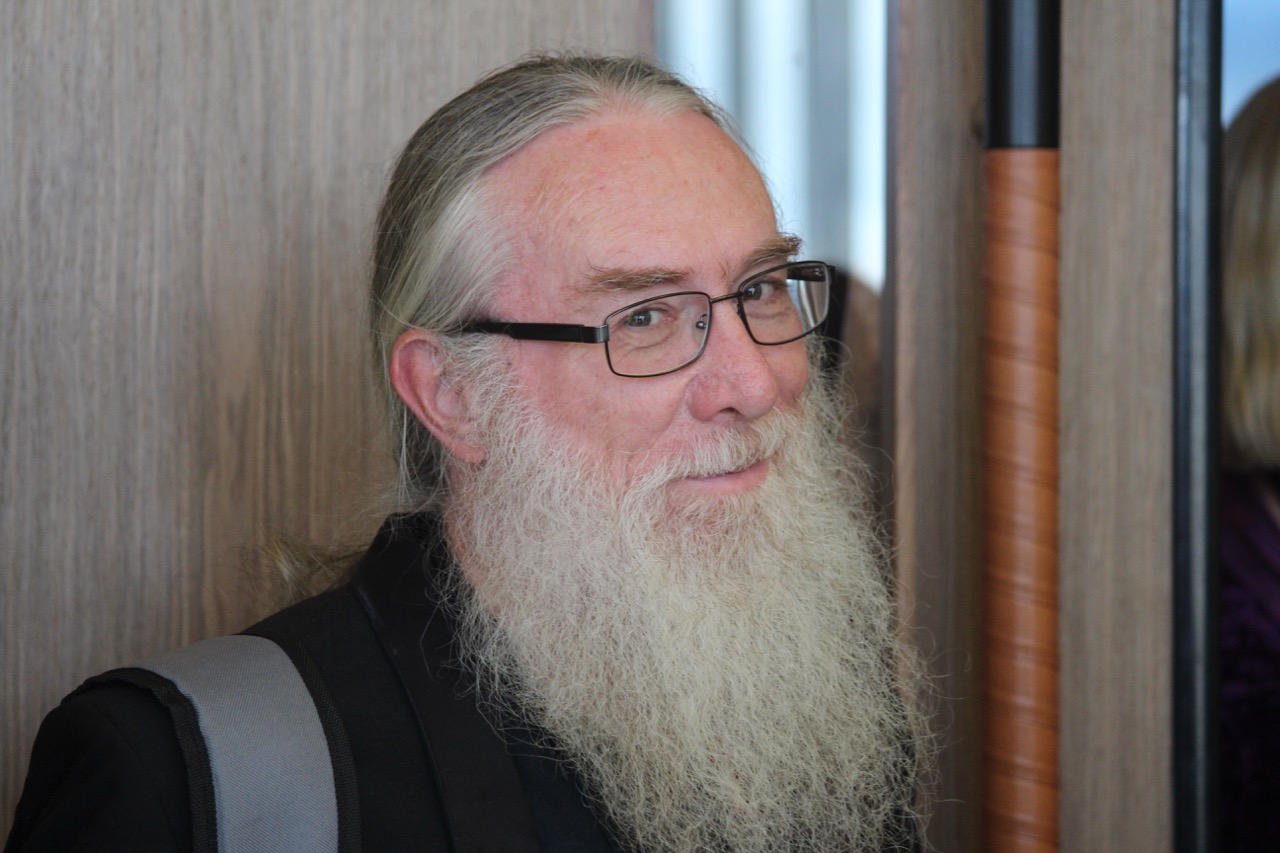




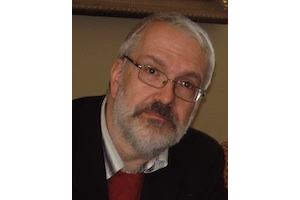



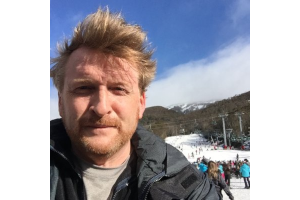



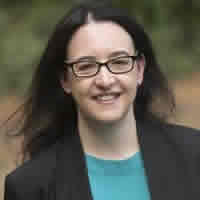
 Alistair Lloyd is a Melbourne based writer and narrator who has been consuming good quality science fiction and fantasy most of his life.
Alistair Lloyd is a Melbourne based writer and narrator who has been consuming good quality science fiction and fantasy most of his life.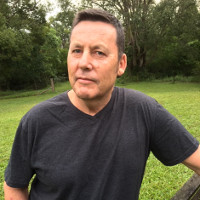 Tim Borella is an Australian author, mainly of short speculative fiction published in anthologies, online and in podcasts.
Tim Borella is an Australian author, mainly of short speculative fiction published in anthologies, online and in podcasts. Sarah Pratt is an avid fiction writer and a Marketing Consultant.
Sarah Pratt is an avid fiction writer and a Marketing Consultant. Margaret lives the good life on a small piece of rural New South Wales Australia, with an amazing man, a couple of pets, and several rambunctious wombats.
Margaret lives the good life on a small piece of rural New South Wales Australia, with an amazing man, a couple of pets, and several rambunctious wombats.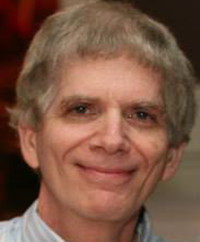 Barry Yedvobnick is a recently retired Biology Professor. He performed molecular biology and genetic research, and taught, at Emory University in Atlanta for 34 years. He is new to fiction writing, and enjoys taking real science a step or two beyond its known boundaries in his
Barry Yedvobnick is a recently retired Biology Professor. He performed molecular biology and genetic research, and taught, at Emory University in Atlanta for 34 years. He is new to fiction writing, and enjoys taking real science a step or two beyond its known boundaries in his Mark is an astrophysicist and space scientist who worked on the Cassini/Huygens mission to Saturn. Following this he worked in computer consultancy, engineering, and high energy research (with a stint at the JET Fusion Torus).
Mark is an astrophysicist and space scientist who worked on the Cassini/Huygens mission to Saturn. Following this he worked in computer consultancy, engineering, and high energy research (with a stint at the JET Fusion Torus). Emma Louise Gill (she/her) is a British-Australian spec fic writer and consumer of vast amounts of coffee. Brought up on a diet of English lit, she rebelled and now spends her time writing explosive space opera and other fantastical things in
Emma Louise Gill (she/her) is a British-Australian spec fic writer and consumer of vast amounts of coffee. Brought up on a diet of English lit, she rebelled and now spends her time writing explosive space opera and other fantastical things in Geraldine Borella writes fiction for children, young adults and adults. Her work has been published by Deadset Press, IFWG Publishing, Wombat Books/Rhiza Edge, AHWA/Midnight Echo, Antipodean SF, Shacklebound Books, Black Ink Fiction, Paramour Ink Fiction, House of Loki and Raven & Drake
Geraldine Borella writes fiction for children, young adults and adults. Her work has been published by Deadset Press, IFWG Publishing, Wombat Books/Rhiza Edge, AHWA/Midnight Echo, Antipodean SF, Shacklebound Books, Black Ink Fiction, Paramour Ink Fiction, House of Loki and Raven & Drake Ed lives with his wife plus a magical assortment of native animals in tropical North Queensland.
Ed lives with his wife plus a magical assortment of native animals in tropical North Queensland. Sarah Jane Justice is an Adelaide-based fiction writer, poet, musician and spoken word artist.
Sarah Jane Justice is an Adelaide-based fiction writer, poet, musician and spoken word artist. My time at Nambucca Valley Community Radio began back in 2016 after moving into the area from Sydney.
My time at Nambucca Valley Community Radio began back in 2016 after moving into the area from Sydney.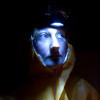
 Merri Andrew writes poetry and short fiction, some of which has appeared in Cordite, Be:longing, Baby Teeth and Islet, among other places.
Merri Andrew writes poetry and short fiction, some of which has appeared in Cordite, Be:longing, Baby Teeth and Islet, among other places.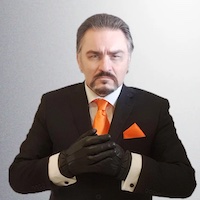 Chuck McKenzie was born in 1970, and still spends much of his time there.
Chuck McKenzie was born in 1970, and still spends much of his time there.